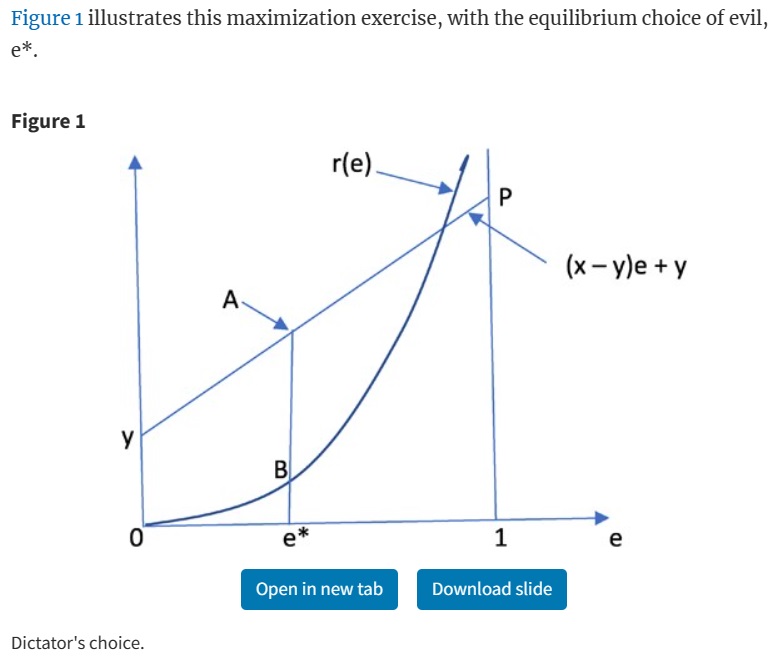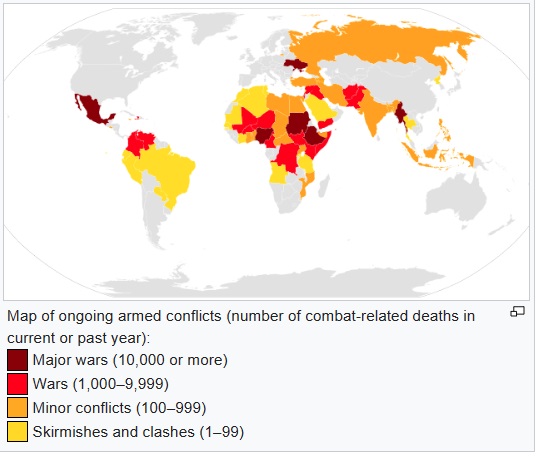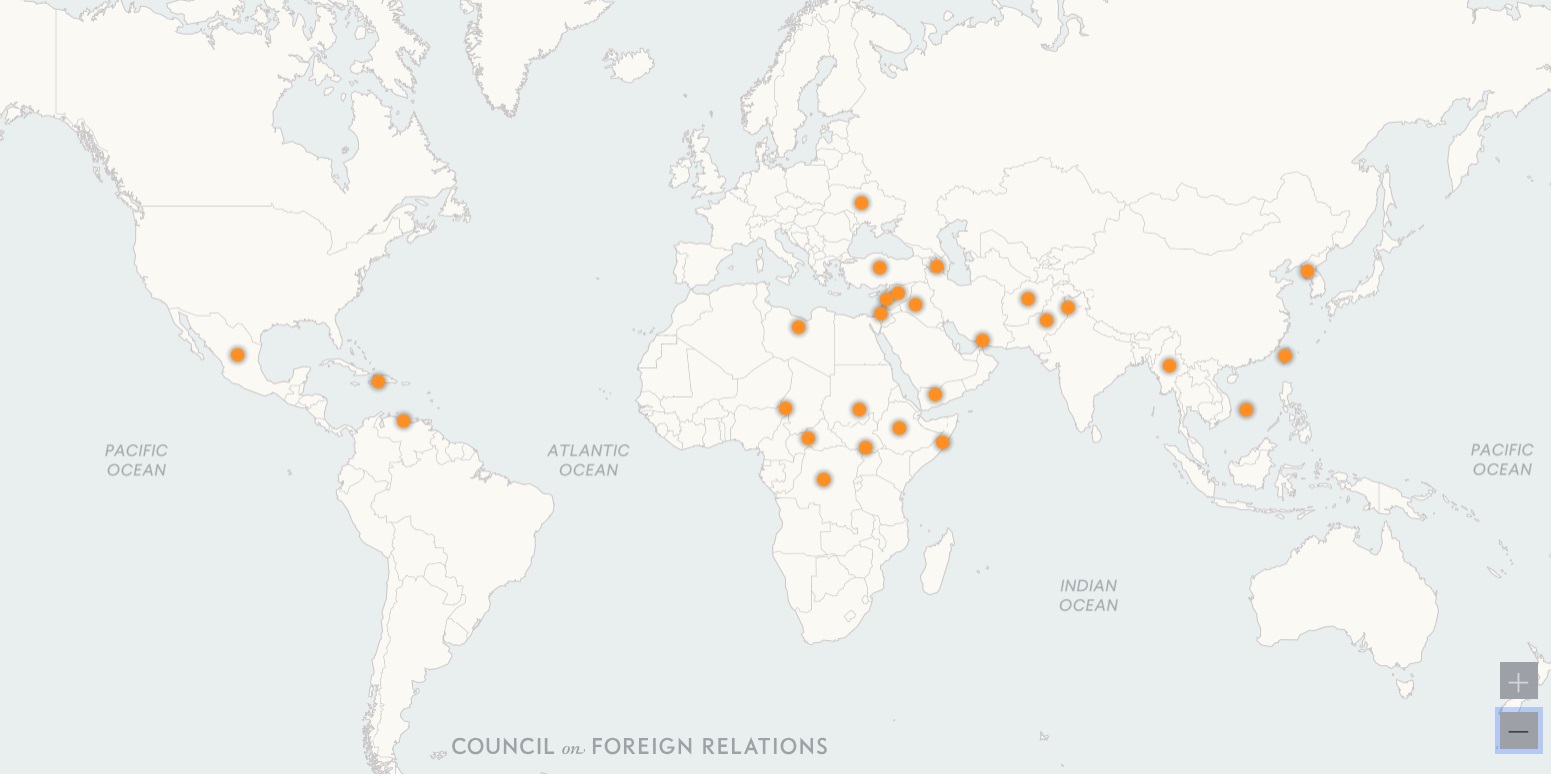A year or so after I was physically attacked in a phone booth in the capital hill neighborhood of Seattle during the first intifada with the attacker screaming antisemitic epithets at me—I was minding my own business at the time calling someone for directions to their house…if only there’d been GPS and cell phones back then it would have been a world of peace–I found myself relaxing on a sunny afternoon by the Western Wall underneath the Dome of the Rock in old Jerusalem. An orthodox Rabbi came up to me and asked my name. I told him and he eagerly started talking with me. He extolled the virtues of Israel, what a great place it was to live and generally encouraged me to move there. I was having a very genial conversation until I let him know my Mom is not Jewish. Without another word, not a “good day sir” or “enjoy your stay” or even a single syllable of “bye” he stood up and strode away.
The Jewish religion, for those who do not know, passes through the maternal side so once he realized I was not technically Jewish (but Jewish enough apparently to be worthy of a phone booth attack), he had absolutely no use for me. The next day through some contacts I did an underground tour of the West Bank. Earlier in the week, a Palestinian family, who I came across while riding a broken-down bike around the Sea of Galilee, took pity upon my tired-looking self, and invited me in for lunch. It was a wonderful and engaging meal. I was scheduled to do a tour of Gaza later in the week but the Palestinians I had been in contact with decided I was untrustworthy, whether because of my father’s lineage or because I had a few months earlier worked for a member of Congress, I’m not sure. This is all to say we religiously ascribe to Groucho Marx’s creed to refuse to join any club that will have us as a member. But we take a peek at the dictators’ club, wonder about which conflicts people care about, and characterize what kind of financial crisis China will have. It’s this week’s International Need to Know, neither the Harpo, Chico or Karl of international information and data.
We’ll be otherwise engaged next week avoiding phone booths. International Need to Know will return on Thursday, November 16. We expect you all to have solved world peace by then.
Without further ado, here’s what you need to know.
Why Dictators Get Worse Over Time
Chinese, Russians, Syrians and others did not need this research to tell them what they see at the end of their noses but a new paper explains “why dictators get worse over time.” The author, Kaushik Basu, an economics professor at Cornell, spends many pages and even uses equations (see the one below) to come to an answer to this question. The way he puts it in the abstract is, “A model is developed which shows that the series of decisions taken over time by an authoritarian leader concerning how much political intrigue and evil to indulge in in order to stay in power leads to a dynamic inconsistency converting the leader into a tyrant.” We could have shortened that to two well known words, “Power corrupts.”* But then we are neither a professor nor at Cornell nor publishing long academic papers (merely short informative missives). The other challenge with the paper is he was inspired to do this research because of Nicaraguan dictator Daniel Ortega. Basu writes, “How could Daniel Ortega, who struggled, suffered and eventually overthrew the corrupt tyrant, Anastasio Somoza Debayle, morph into a creature similar to the one he overthrew?” He states that Ortega was a great guy as a rebel but was corrupted when he took power. And while the Sandinistas and Ortega were right in their disdain of Somoza, they also committed many human rights abuses in overthrowing the government. Perhaps that is inevitable in such a venture. But it’s silly to paint Ortega as some innocent who was only corrupted later.
*This paper and other events taking place in the world reminds us that George Washington’s Farewell Address, and his leaving office voluntarily when he had the power to become a dictator, was one of the most important and impactful decisions in human history.
Conflicting Conflicts
As we write in safe and sound (well, safe at least) Seattle, Israel continues to bomb and attack the Gaza Strip with a stated aim to destroy Hamas. This conflict is receiving lots of attention around the world with protests, and unfortunately but entirely predictably, prejudice against Jews and Palestinians here in the U.S. and elsewhere. This conflict, as important as it is and as damaging as it is to those engulfed in it, is one of only dozens of such armed conflicts around the world as you can see in the two maps below, one from Wikipedia and one from the Council on Foreign Relations. The Wikipedia map color codes the conflicts by number of fatalities. The darkest color, where there have been more than 10,000 fatalities thus far in 2023, includes Russia’s invasion of Ukraine (remember that?), Myanmar, Sudan and the armed conflict in the Sahel region of Africa. It’s interesting to see so many more protests over the Israeli – Palestinian conflict than for or against the combatants in these others. It is worth our all pausing and pondering why.
China Corner: Sure No Lehman, But Crisis?
As China continues to struggle with local government debt and banks carrying non-performing loans like James Harden holding teams hostage, we often hear smart China watchers say that “China won’t suffer a Lehman moment.” In other words, China will not suffer a financial crisis like the U.S. and Europe did because its financial system is structured differently. It’s true that China’s financial system is essentially state-run, and as these experts assert, that means a financial crisis tripped by a Lehman Brothers-like meltdown is unlikely. But, that does not mean China can’t suffer a financial crisis, as some assert*. It means its financial crisis will take a different form. Even Chinese economists understand this. For example, Andrew Batston, research director for Gavkal Dragonomics, points us to comments by the chief economist of the Bank of China International, Xu Gao. He notes in regards to the large local government debt we’ve discussed in this space, “The Central Government bears unlimited responsibility for local governments…In other words, a default by a single local government would lead to a systemic crisis, triggering a widespread sell-off of debts of all local governments…” That sounds like a financial crisis to us, even if the trigger is very different than the one that set off the crisis in 2008. Either way, the results are the same, a slow economy, which lo and behold, is what China has right now
*For example, the usually astute Leland Miller asserts, “The China system is designed to ensure that an acute crisis will always be very unlikely.” So too was America’s banking system, allegedly





